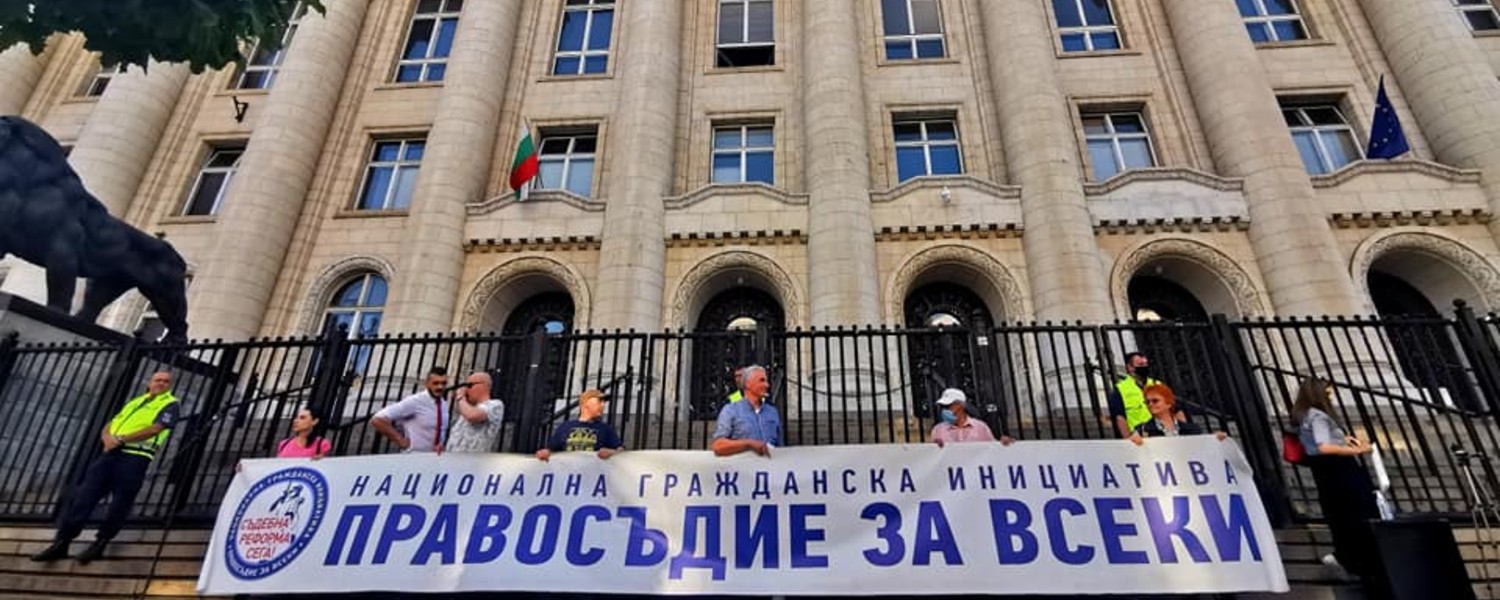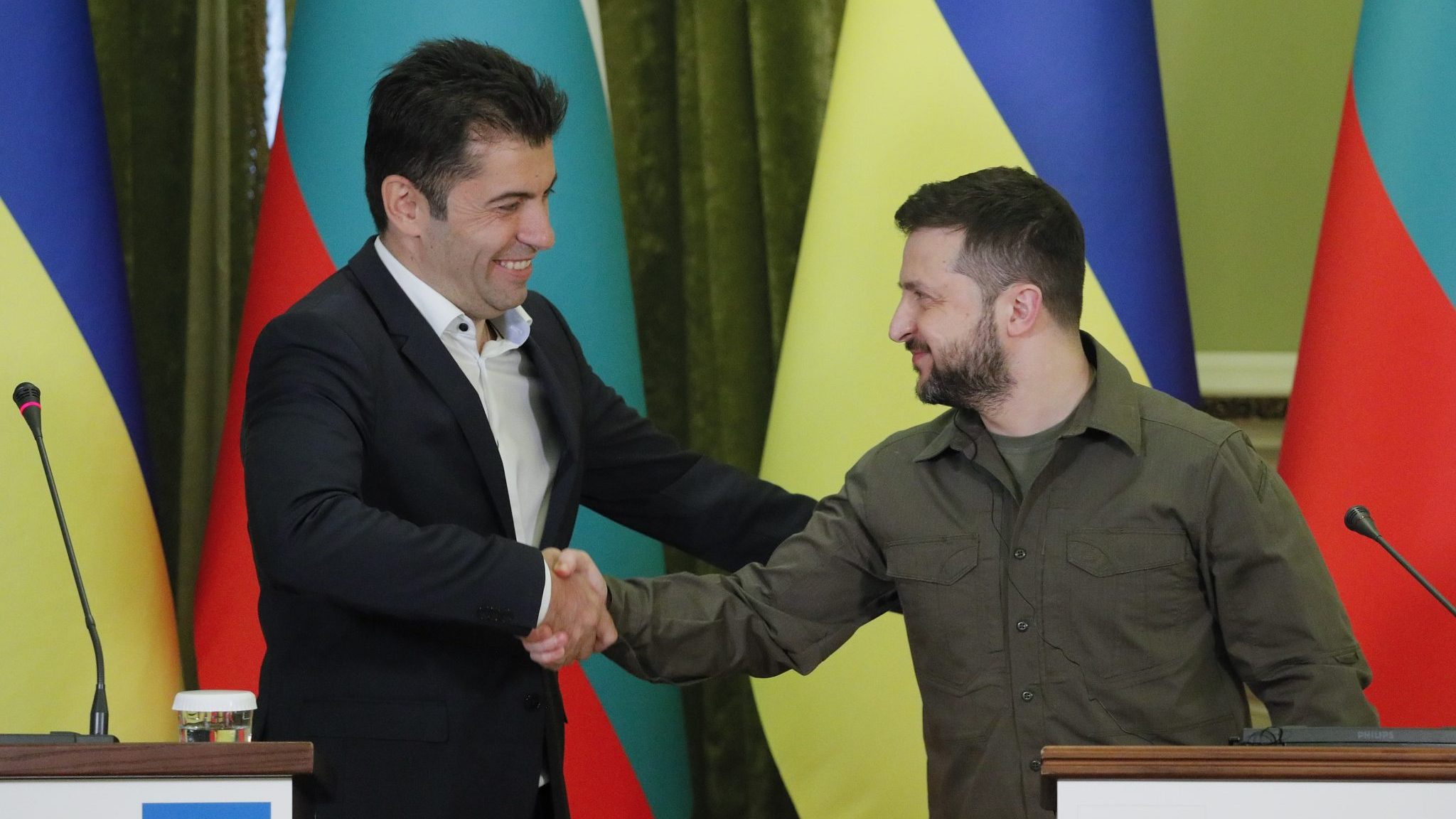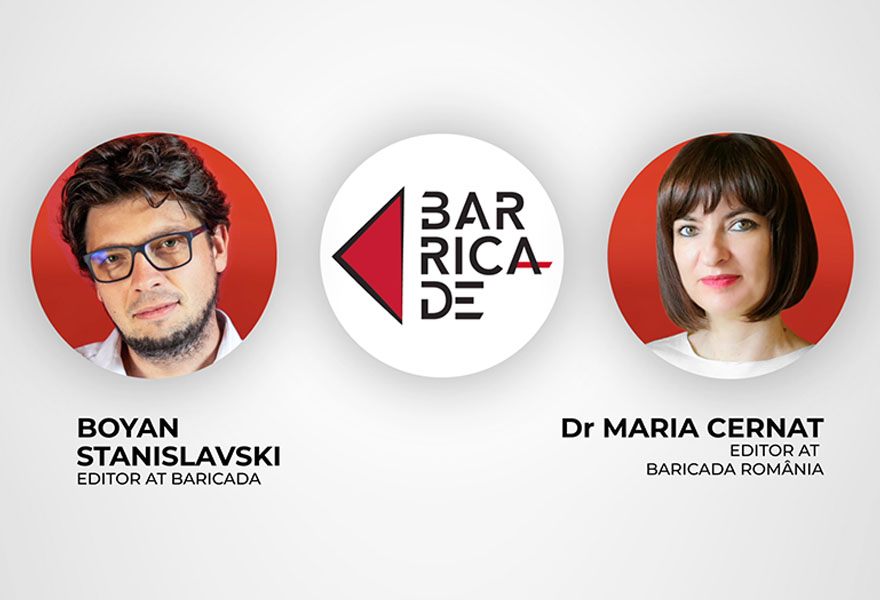An unhappy wife says to her husband: “I want a divorce.” He answers: “I will write a new constitution.” It is one of the jokes that circulates on Bulgarian social networks these days.
The Bulgarian Prime Minister Borissov answered demands for his resignation by initiating parliamentary discussions over the calling of a Great People’s Assembly – a type of parliament that can work out a completely new constitution. Borissov said that he would resign the moment a Great People’s Assembly is summoned.
What might look like a humorous answer, however, has a degree of earnestness. The mutual contestation between different institutions in Bulgaria – the government, led by Prime Minister Boyko Borissov and the Chief Prosecutor Ivan Geshev on one side, and the President Rumen Radev on the other, has been going on for some time and is strengthening ever more. Radev has demanded the resignations of the other two state functionaries. Geshev has previously asked the Constitutional Court, and received its clarifications, over the dimensions of the president’s immunity, evidently trying to find legal grounds to attack the holder of this institution. Radev, who supports the protests, has asked for constitutional reform, made by a new parliament with a special accent on judicial reform. A significant part of the protesters, gathered around the initiative “Justice for All” wants the curbing of the chief prosecutor’s powers and limiting political interference in the judicial system.
Who will write the new rules of the political game, should any constitutional reform indeed take off? That is the big question. The perspective that a future parliament – a normal or a great assembly, be filled by even more populist forces than the current one is daunting. The trap is that democracy, flawed or not, is a superconstruction over a capitalist economic system. People have alignments in line with their economic interests and dependencies. Can Bulgarian democracy correct itself? Let’s see.
Photo: The Civic Initiative “Justice for All” is one of the forces that wants constitutional changes in Bulgaria (source: Justice for All)











